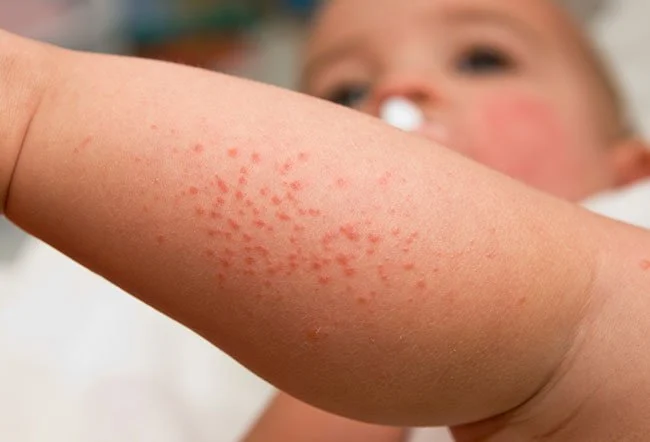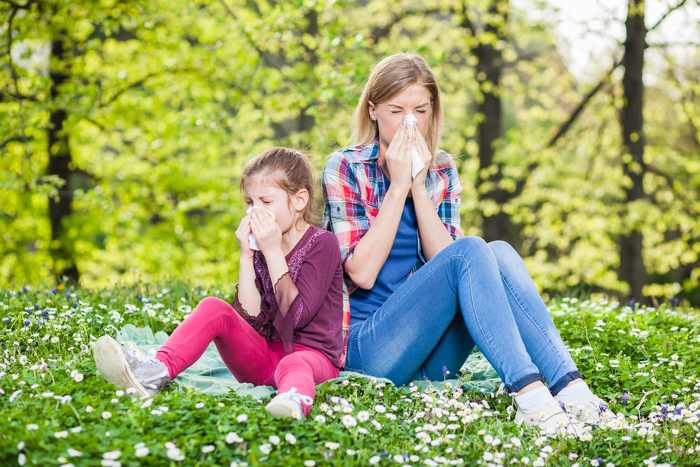An allergy is an excessive and inappropriate reaction of the immune system to certain proteins, known as allergens. These substances are mistakenly perceived as a threat and trigger an excessive immune response. Although allergic reactions can vary (e.g., seasonal allergic rhinitis, asthma, atopic dermatitis, eczema, or food allergies), they share…
It is commonly known that people get allergies from peanuts, pollen, pets, and more, but there’s one that’s a little less common and that’s the sun allergy. It is also known as sun poisoning and it’s a reaction from the immune system to sunlight often resulting in a red, itchy…
ALLERGIC RHINOSINUSITIS: WHAT IS IT? Allergic rhinosinusitis is an increasingly common disease. The mechanisms that contribute to the inexorable increase in the number of allergic patients are many and varied. An allergic reaction is a dysfunction of our immune system and can make you sick anyone and at any age.…
14 MEASUREMENT STATIONS MeteoSwiss, the Federal Office of Meteorology and Climatology operates a nationwide pollen measurement network comprising 14 measurement stations where pollen concentrations in the air are measured. Based on the data and forecasts about the pollen count, sensitive people can limit their exposure and treat their allergy symptoms…
Also known as seasonal allergic rhinitis – inflammation of the nose. Some plants and some trees produce a powder called pollen. People are allergic to different pollens. Tree pollen during the spring, grass pollen during the summer, and weed pollen during the fall. Common symptoms are itchy throat, red itchy…
Seeing as cosmetics can be a complex mixture of substances, it is inevitable that some of them produce allergies to certain people. Symptoms of cosmetics allergy can occur after using a new cosmetic product, or even if you’ve been using one for years without an issue. One type of reaction…
Asthma is a disease of the airways and lungs. Asthma symptoms are coughing, shortness of breath, chest tightness, and wheezing. Symptoms can be worse during the night or with exercise. Asthma can be caused by genetic or environmental factors. Air pollution and allergens are environmental factors. Treatments can help you…
Nutrition is a multidisciplinary science that is both exciting and complex, and always the subject of debate and controversy among humans and pets. The dog is descended from certain wolf breeds. The most likely hypothesis is that this ancestor of the dog gradually acclimatised to the company of humans by…
Eczema and Urticaria are two different manifestations of a skin allergy, but the main symptom is pruritus (itching). In eczema, there is generally a so-called contact form, caused directly by an allergenic external substance (treated in the chapter on contact allergies) and a more complex form, called eczema or atopic…
MEDICINAL TREATMENTS: WHAT ARE THEY? Fortunately, effective and safe medicines exist for the treatment of allergies, which affect almost 30% of the population. The main drugs used are antihistamines, medicines to control allergic inflammation (cortisone derivatives for topical use, cromones and antileukotrienes) and bronchodilators to prevent bronchial contraction in asthmatics.…











